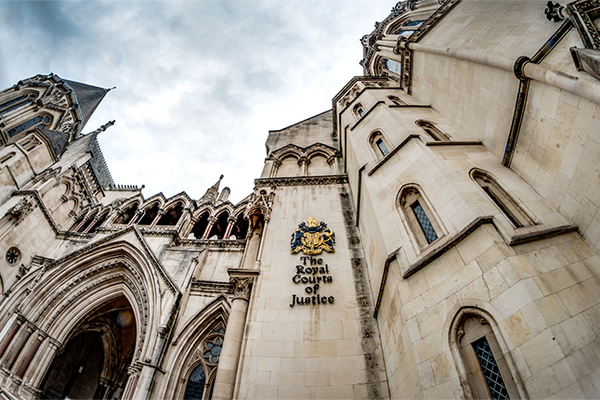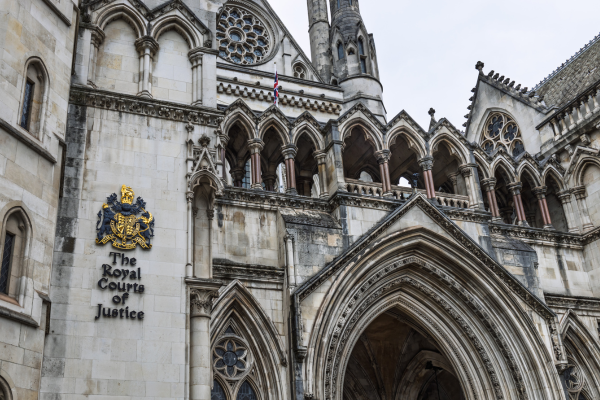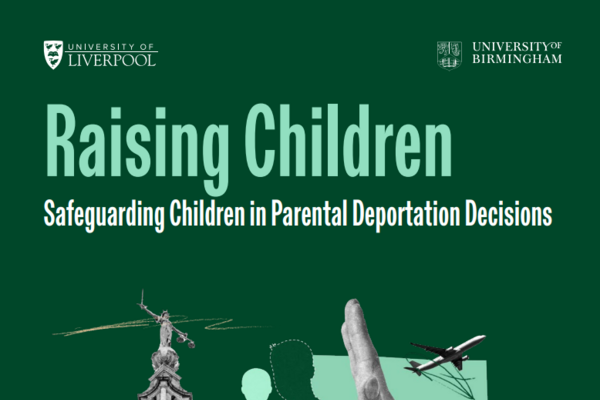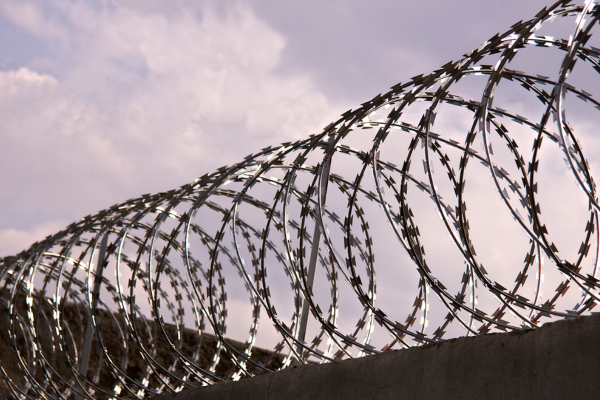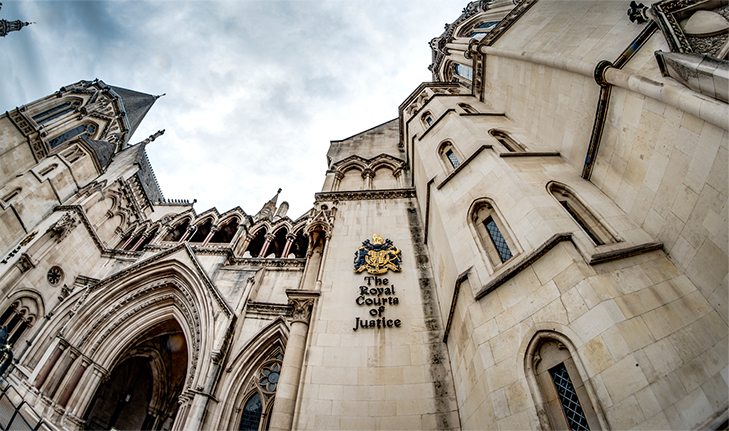
The high court has ruled that an investigation into systemic abuse at Brook House immigration removal centre must have the power to compel witnesses. In a judgment handed down on 15th June, Mrs Justice May found that the Prisons and Probation Ombudsman (PPO) investigation commissioned by the Home Office would not go far enough.
Two individuals who were detained in Brook House at the time of the panorama and were identified as MA and BB, argued that only a public inquiry could guarantee accountability and systemic change. This would be the first inquiry of its kind in immigration detention.
This case stems from a BBC Panorama documentary, “Undercover: Britain’s Immigration Secrets” first broadcast in 2017, in which a detention centre officer recorded undercover footage inside Brook House. The footage revealed appalling mistreatment including racial abuse and bullying of detainees by officers, and an incident where one officer attempted to strangle MA.
The Home Office had argued that a public inquiry would be unnecessarily time-consuming and costly, but May said the investigation should be an opportunity for learning lessons and empowering victims. Her judgment also recognised the particular vulnerabilities of the immigration detainee population:
“immigration detainees are a uniquely vulnerable group of people. They are not convicted persons serving a sentence, they are not being detained as punishment. Unlike most prisoners, they do not know for how long they are going to be confined. Detention under these conditions is diminishing and depersonalising enough, but it is unacceptably degrading and dehumanising where there is repeated and apparently casual abuse on the part of staff employed by the state to supervise and look after such detainees…
It is right, in those circumstances, to afford the abused detainee an opportunity to see and confront their abuser on equal terms, as a means of restoring dignity and respect to the person from whom it has been so wholly stripped away”
Justice May also raised concerns about whether private hearings could guarantee accountability, given that the abuse was not reported by Home Office staff or review bodies present at Brook House at the time of the Panorama filming. May said some hearings must be held in public to “maintain public confidence in the rule of law.”
She added that there was an “overwhelming probability” that G4S staff would not give evidence voluntarily, and that the PPO must be able to compel witnesses. She also ruled that MA and BB should have access to publicly-funded legal representation.
May also raised a worrying point about the hostile rhetoric around detainees in the media and politics today. She said, “The public at large do not in general care about welfare in detention. In those circumstances it may be thought to be of especial importance that detainees’ rights should be publicly vindicated and the rule of law thus publicly upheld.”
Hopefully the expanded investigation will help challenge anti-immigrant discourses and the denial of detainee rights.
In a statement after the ruling BB said, “This case has forced me to re-live some of the most painful times in my life, and today’s judgement is a huge relief.”
He added, “It stops me sleeping at night because there are people still in there and the whole system is to blame. But now we will have a proper inquiry. I brought this case because people need to know the truth about immigration detention. I hope that’s what will happen now.”

